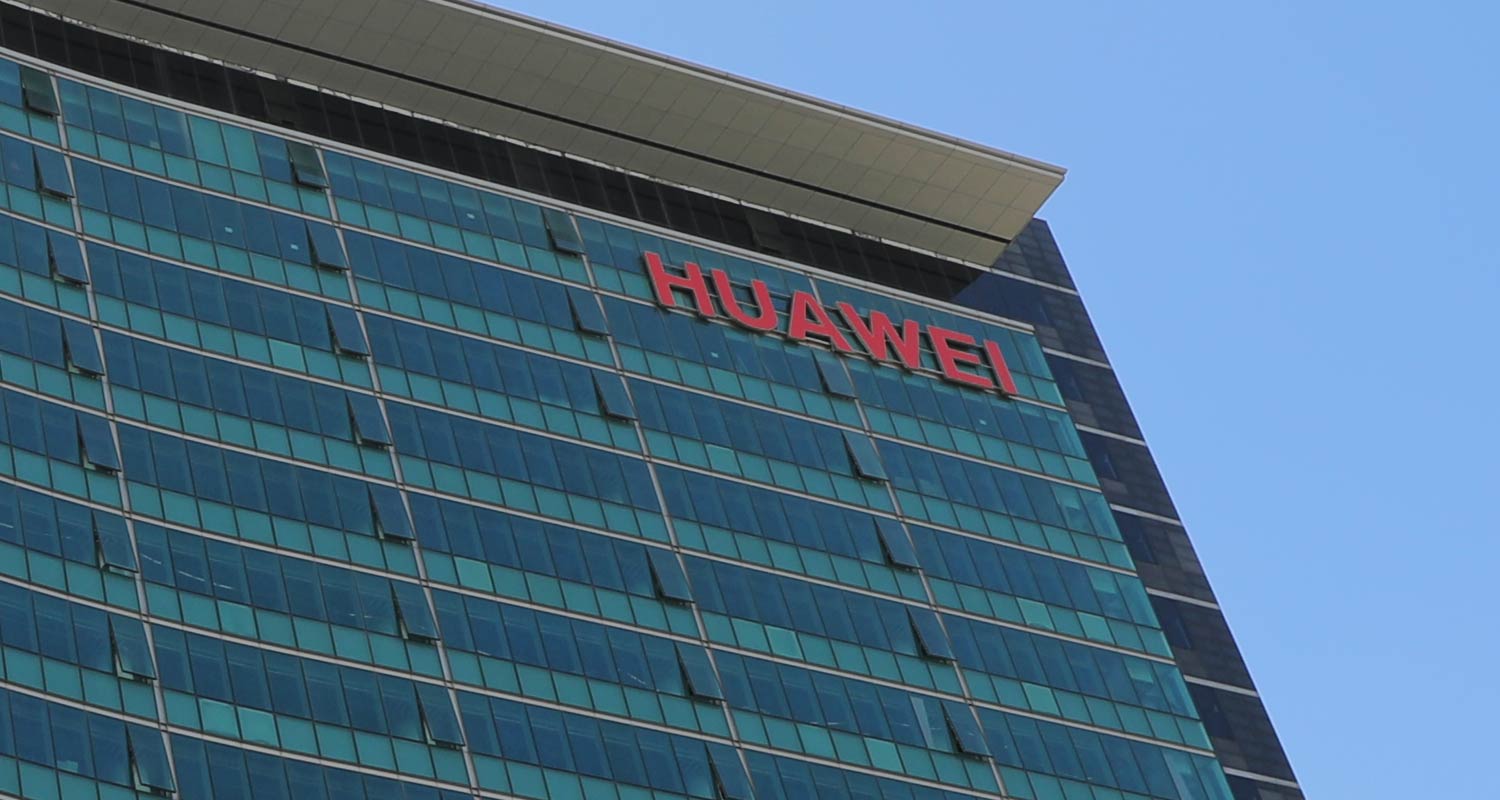 Huawei Technologies has unveiled a new software brand for intelligent driving, marking its latest push to become a major player in the electric vehicle industry.
Huawei Technologies has unveiled a new software brand for intelligent driving, marking its latest push to become a major player in the electric vehicle industry.
The new brand, Qiankun, symbolising a combination of heaven and the Kunlun Mountains, plans to provide self-driving systems involving the driving chassis, audio and driver’s seat, Jin Yuzhi, CEO of Huawei’s Intelligent Automotive Solution (IAS) business unit, said during an event ahead of the Beijing auto show.
“2024 will be the first year for mass commercialisation of smart driving and the cumulative number of cars on road equipped with the Huawei self-driving system will top 500 000 by the year-end,” Jin said.
He also expected within a year more than 10 car models adopting Huawei’s Qiankun system would hit the market.
The Shenzhen-based tech conglomerate launched its smart car unit in 2019 with the aim that it could become the equivalent of German automotive supplier Bosch of the intelligent EV era and supply software and components to partners.
Huawei said in November that the unit would be spun off into a new company which would receive the unit’s core technologies and resources and take investment from partners such as car maker Changan Auto.
It has also unveiled seven EV models in partnership with Chinese car makers so far and they are selling well, Jin said.
Stelato brand
They include three Aito brand models under partnership with Seres, the Luxeed S7 sedan co-developed with Chery, two models with Changan Auto-backed Avatr and one with Beijing Automotive Group (BAIC)-owned Arcfox.
On Tuesday, Huawei also unveiled the S9 sedan, the first model under the premium Stelato brand it launched with BAIC.
Read: Huawei Pura 70 series of smartphones launched
Its diversification into EVs comes amid an intensifying price war in the world’s largest car market, which is grappling with slowing sales momentum and deepening overcapacity concerns as more than 40 brands vie for consumer attention.
Earlier this month, Huawei-backed Aito offered discounts of up to the equivalent of R52 000 on its new M7 SUVs until the end of April. — Qiaoyi Li and Brenda Goh, (c) 2024 Reuters




